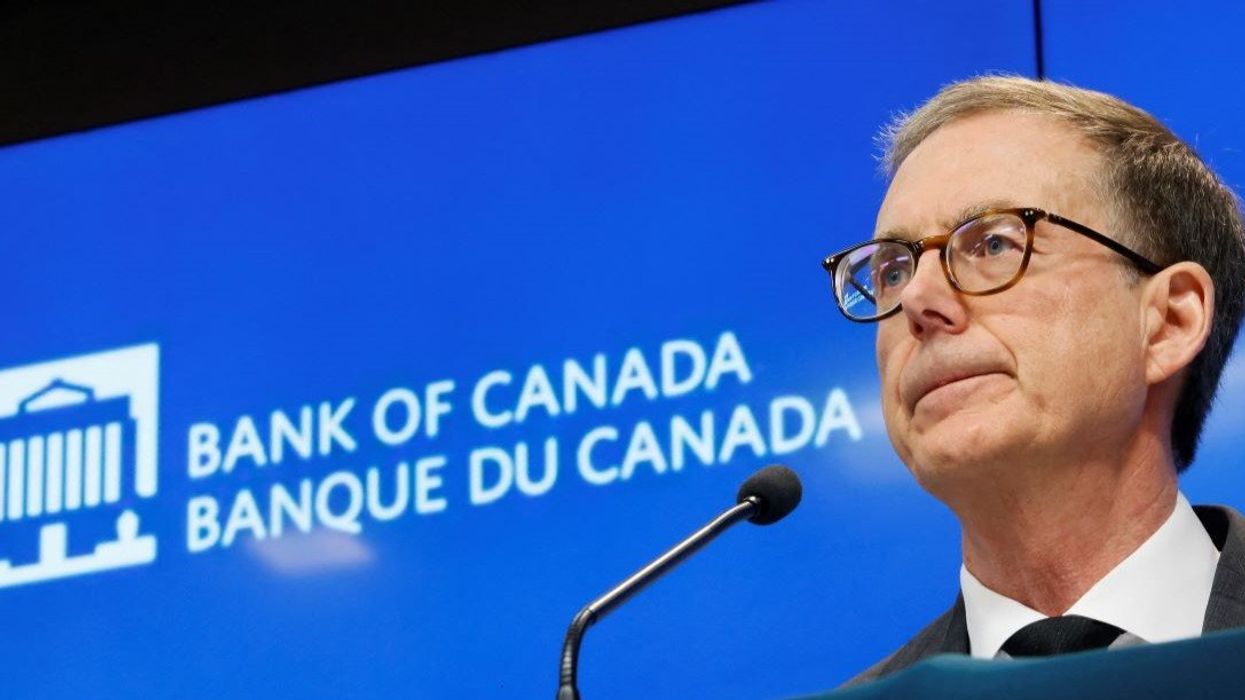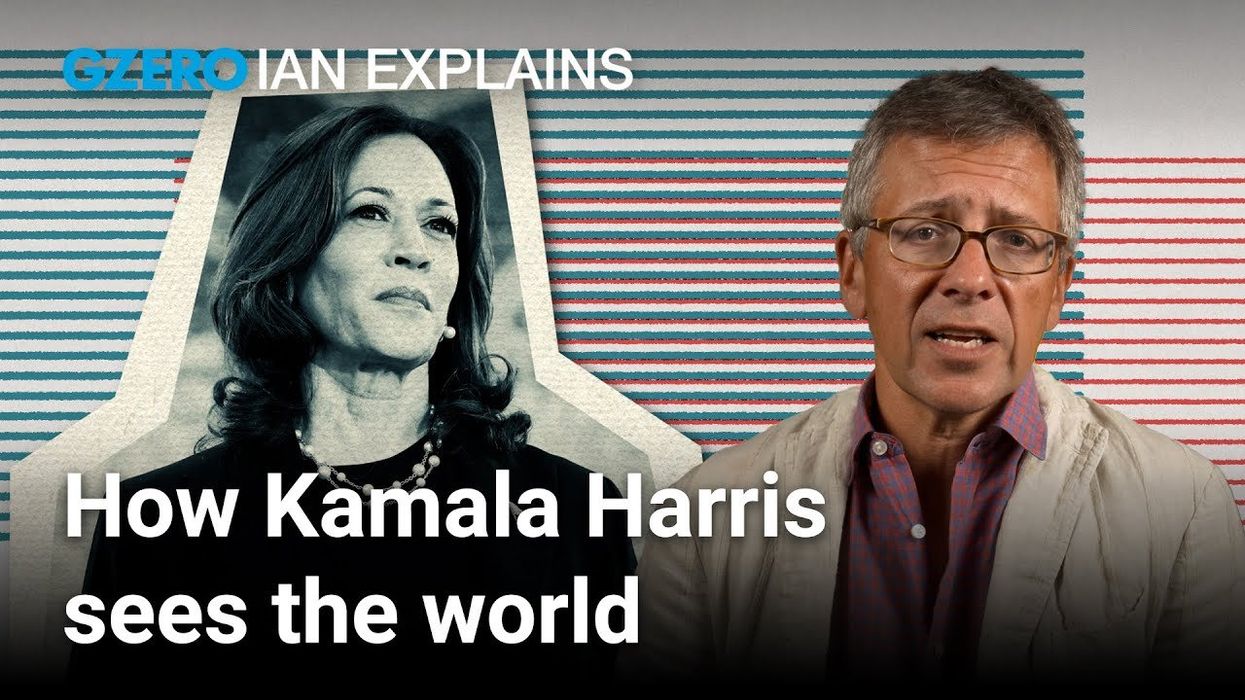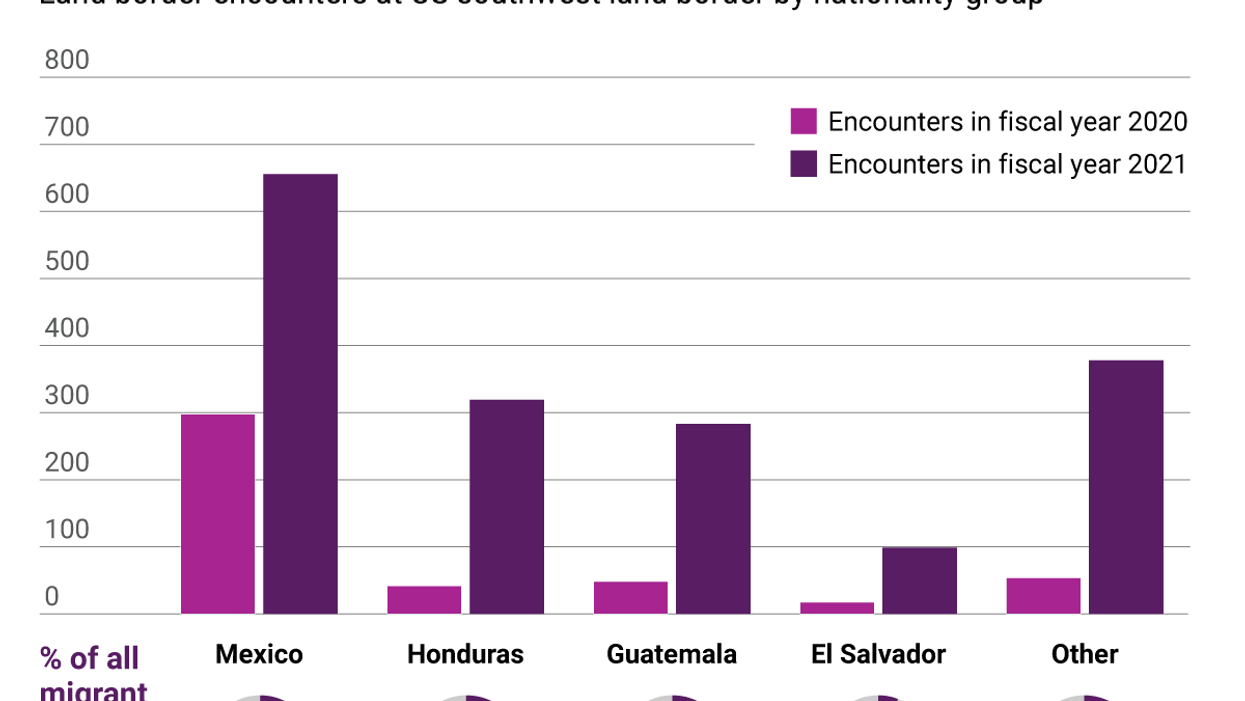GZERO North
Hard Numbers: BoC warily holds rates, Canada lobbies China for tariff relief, Trump gives borderlands to the Army, Global growth forecasts fall, Major League Baseball struggles to attract Black talent
2.75: Canada’s central bank held its key interest rate steady at 2.75% this week, ending a streak of seven consecutive cuts.
Apr 17, 2025



